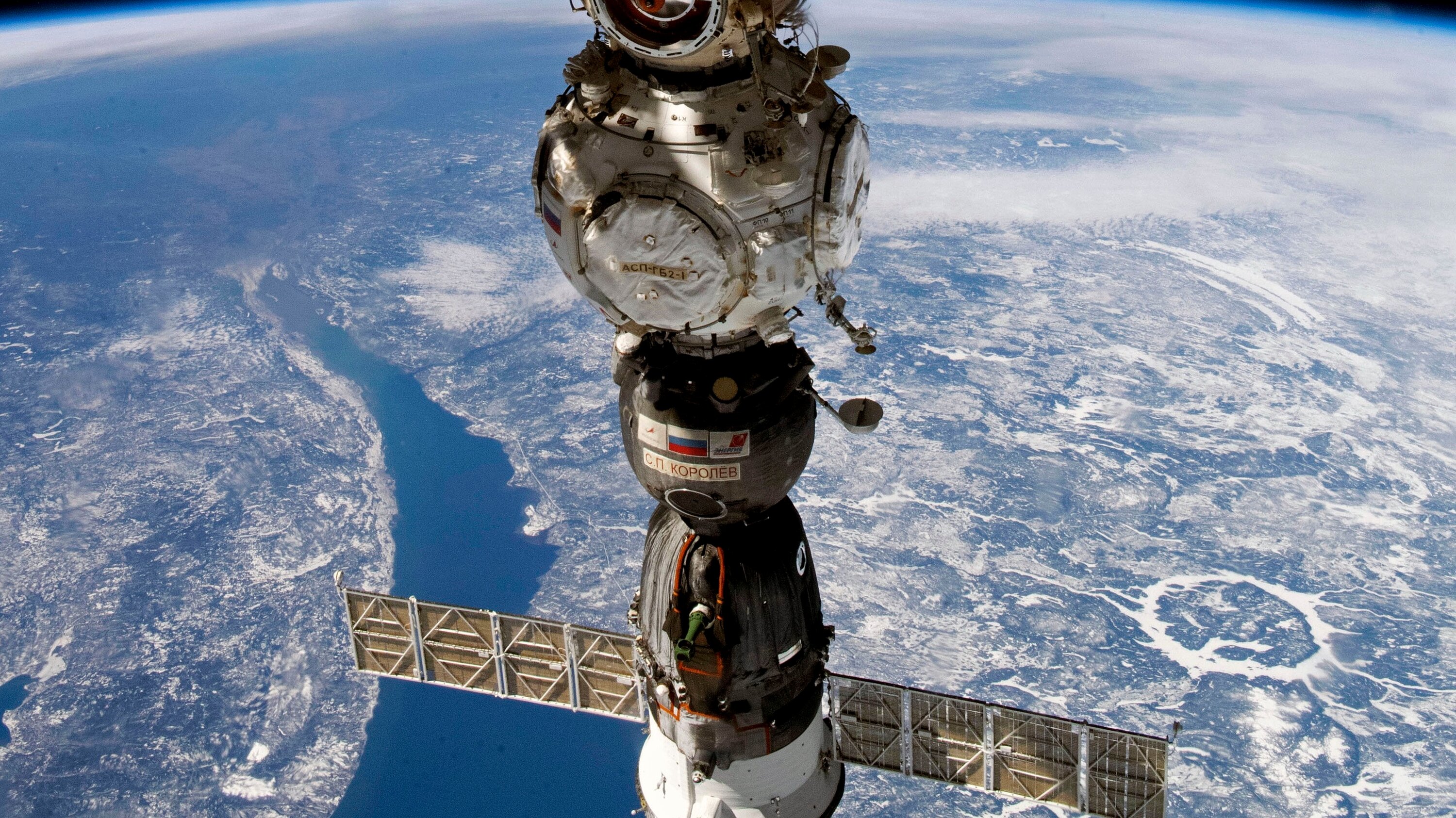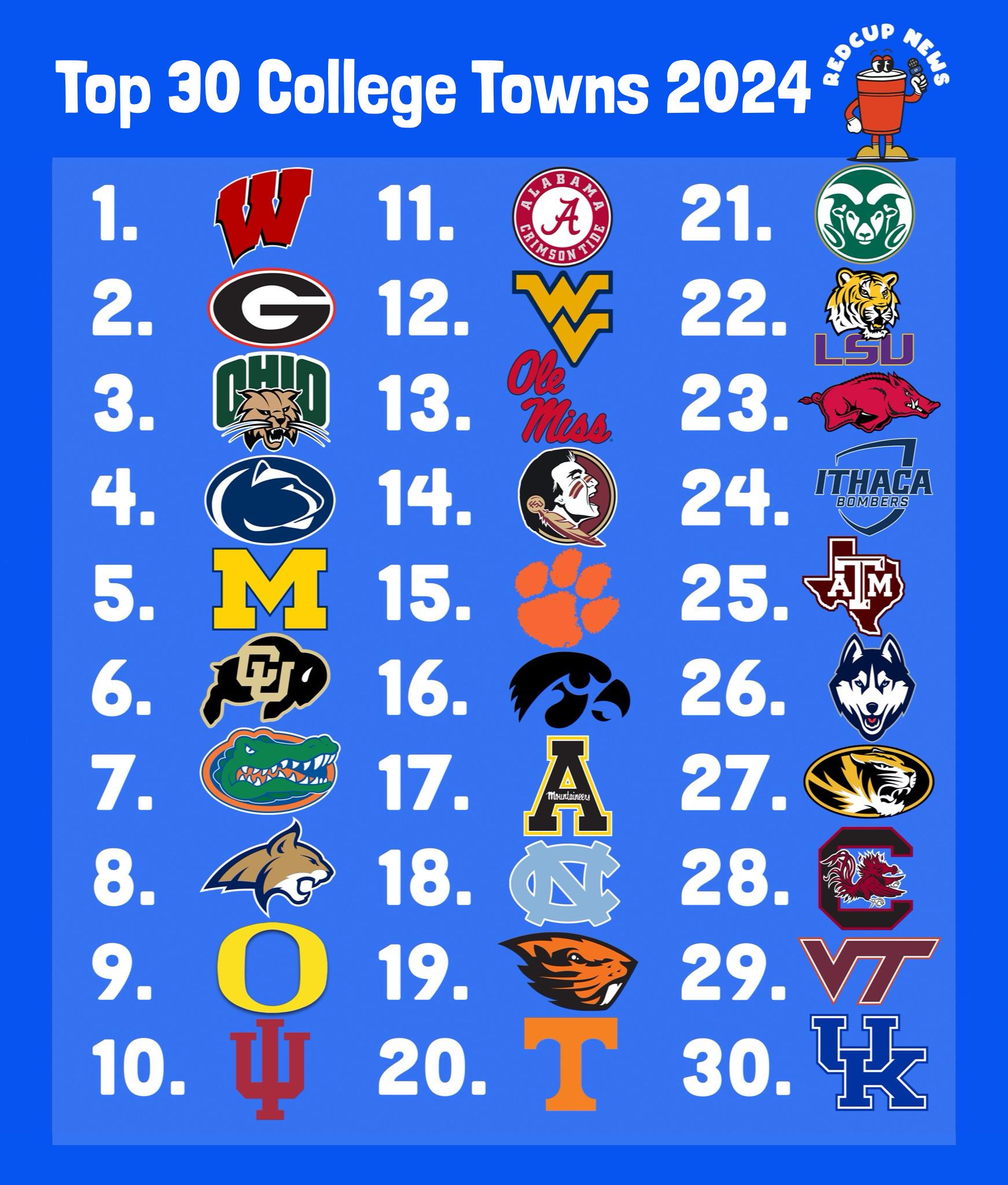Astronauts' Nine-Month Space Stay: Fact Or Fiction? CBS News Report Investigated

Table of Contents
The recent CBS News report on the possibility of astronauts undertaking nine-month space stays has sparked significant debate. Is this a realistic goal for space exploration, or is it firmly in the realm of science fiction? This article delves into the CBS News report's findings, examining the scientific, technological, and human factors involved in such a long-duration space mission. We'll explore the challenges and possibilities of this ambitious endeavor, separating fact from fiction based on the available evidence.
The Technological Challenges of a Nine-Month Space Stay
A nine-month space stay presents formidable technological hurdles. The CBS News report likely highlighted several critical areas needing significant advancements before such missions become routine.
Life Support Systems
Maintaining life support for nine months in the harsh environment of space is incredibly complex. The report undoubtedly addressed the crucial aspects:
- Reliability and Redundancy: Any failure in life support systems could be catastrophic. Multiple backup systems and robust monitoring are essential. The reliance on a single point of failure must be minimized for a successful nine-month space stay.
- Resource Management and Recycling: Minimizing waste and maximizing resource recycling is crucial for long-duration missions. Advanced closed-loop systems for water, air, and waste management are needed to reduce reliance on resupply missions. The efficiency of these systems directly impacts mission feasibility and cost.
- Continuous Monitoring and Maintenance: Constant monitoring and proactive maintenance are critical to prevent failures. Advanced diagnostic tools and automated repair systems would greatly enhance reliability and reduce the crew's workload.
Propulsion and Navigation
Sustained space missions require advanced propulsion and navigation systems:
- Fuel Consumption and Replenishment: A nine-month space stay necessitates efficient fuel usage and potentially in-space refueling capabilities. The mass of fuel needed represents a significant engineering challenge.
- Course Corrections and Emergency Response: The ability to make course corrections and respond to unforeseen events is vital. Autonomous navigation systems and robust propulsion systems are crucial for mission success. The ability to handle unexpected events is paramount for such a long mission.
- Advanced Navigation Systems: Precise navigation is essential to reach the target destination and maintain the desired orbit. This requires highly accurate sensors, sophisticated algorithms, and reliable communication links with ground control.
Communication and Data Transmission
Reliable communication is paramount for a successful nine-month space stay:
- Signal Strength and Latency: The vast distances involved present challenges in maintaining strong signal strength and minimizing latency (delay). This is crucial for both operational control and crew morale.
- High-Bandwidth Data Transmission: Scientific research, astronaut health monitoring, and crew communication require high-bandwidth data transmission capabilities. The amount of data generated requires significant bandwidth.
- Redundant Communication Systems: Multiple communication systems are needed to ensure uninterrupted contact, even in the event of equipment failure. This redundancy enhances mission robustness.
The Physiological and Psychological Impacts on Astronauts
Long-duration spaceflight poses significant physiological and psychological challenges to astronauts. The CBS News report likely explored these aspects in detail.
Physical Effects of Extended Spaceflight
The human body is not designed for prolonged stays in microgravity. The report probably highlighted these key issues:
- Bone Density Loss and Muscle Atrophy: Prolonged exposure to microgravity causes significant bone density loss and muscle atrophy. Countermeasures, such as regular exercise, are vital, but their effectiveness over nine months needs further study.
- Radiation Exposure: Astronauts are exposed to higher levels of radiation in space, increasing the risk of cancer and other health problems. Shielding technologies and radiation mitigation strategies need to be continually improved.
- Cardiovascular Changes and Immune System Suppression: Spaceflight can affect the cardiovascular system and suppress the immune system, increasing vulnerability to illness. Monitoring and preventative measures are essential.
Psychological Challenges of Isolation and Confinement
The psychological toll of prolonged isolation and confinement is considerable:
- Stress, Anxiety, and Depression: Extended periods in isolation can lead to stress, anxiety, and depression. Crew selection and psychological support are crucial to mitigate these risks. Mental health is a major consideration for a long space mission.
- Team Dynamics and Interpersonal Relationships: Maintaining positive team dynamics and strong interpersonal relationships is critical for crew cohesion and overall mission success. Crew selection processes should carefully consider interpersonal compatibility.
- Countermeasures: Effective countermeasures, such as regular communication with family and friends, psychological support, and opportunities for recreation and relaxation, are essential for maintaining mental well-being. The CBS report may have discussed specific countermeasures.
The CBS News Report's Key Findings and Conclusions
[This section requires information from the actual CBS News report to be completed. You would summarize the report's key points here, including specific findings on the feasibility of a nine-month space stay, technologies discussed, and the overall tone and conclusions. Include direct quotes or paraphrases to support your points.]
Future Implications and Research Directions
Making a nine-month space stay a reality requires significant advancements in several areas:
- Technological Advancements: Further development of advanced life support systems, propulsion systems, communication technologies, and radiation shielding is crucial.
- Research on Physiological and Psychological Effects: Continued research is needed to better understand the long-term effects of spaceflight on the human body and mind. This research needs to inform effective countermeasures.
- Potential Benefits: Long-duration missions offer the potential for significant scientific discovery, resource utilization in space, and exploration of distant destinations. These potential benefits should drive continued research and development.
- Ethical and Societal Implications: The ethical and societal implications of long-duration space missions, such as the potential risks to astronauts and the distribution of resources, need careful consideration.
Conclusion
The CBS News report's investigation into the feasibility of a nine-month space stay highlights a complex interplay of technological, physiological, and psychological challenges. While significant progress has been made, substantial hurdles remain before such missions become routine. Further research, technological breakthroughs, and careful consideration of ethical implications are crucial before long-duration space missions become a reality. To learn more about the ongoing advancements in long-duration spaceflight and the realities of a nine-month space stay, continue exploring the latest research and news reports on the subject. Keep researching nine-month space stays and the ongoing developments in space exploration!

Featured Posts
-
 Jay Kelly Ploki Ithopoioi Kai Imerominia Kykloforias
May 11, 2025
Jay Kelly Ploki Ithopoioi Kai Imerominia Kykloforias
May 11, 2025 -
 The Best Beach Houses Showcased On Mtv Cribs
May 11, 2025
The Best Beach Houses Showcased On Mtv Cribs
May 11, 2025 -
 Jeremy Stephens Ufc Return Fans React To Shocking Comeback
May 11, 2025
Jeremy Stephens Ufc Return Fans React To Shocking Comeback
May 11, 2025 -
 Lily Collins Sexy New Calvin Klein Campaign See The Photos
May 11, 2025
Lily Collins Sexy New Calvin Klein Campaign See The Photos
May 11, 2025 -
 Top College Town In Michigan Why City Name Stands Out
May 11, 2025
Top College Town In Michigan Why City Name Stands Out
May 11, 2025
